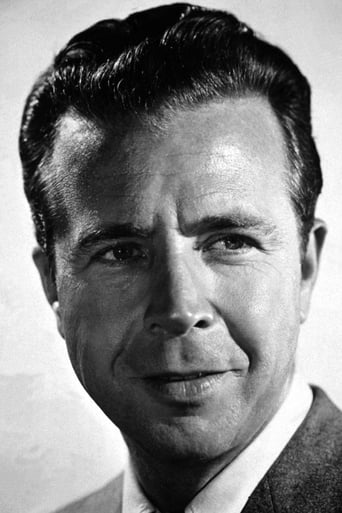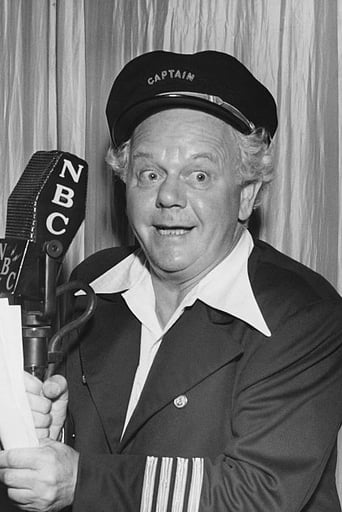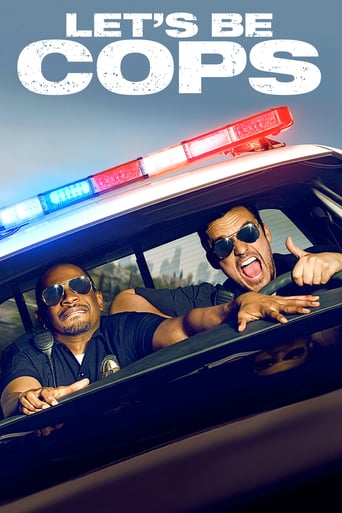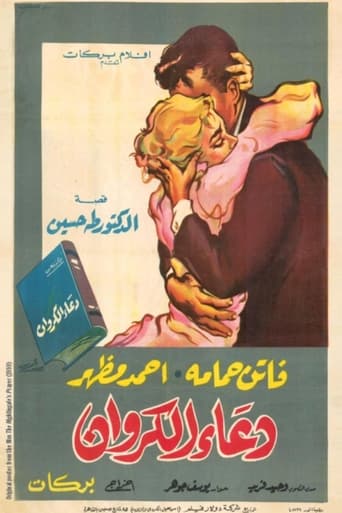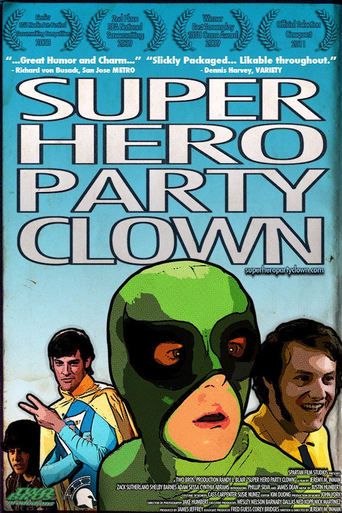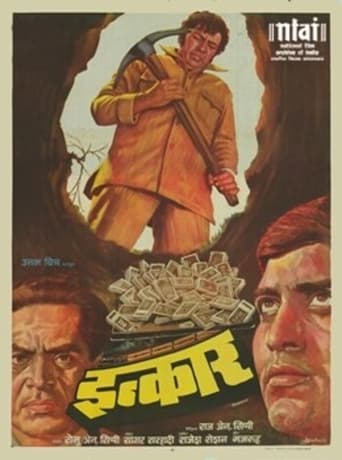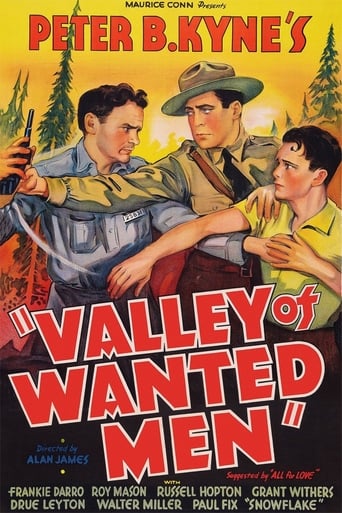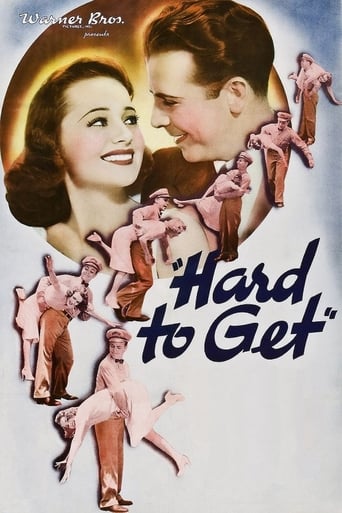
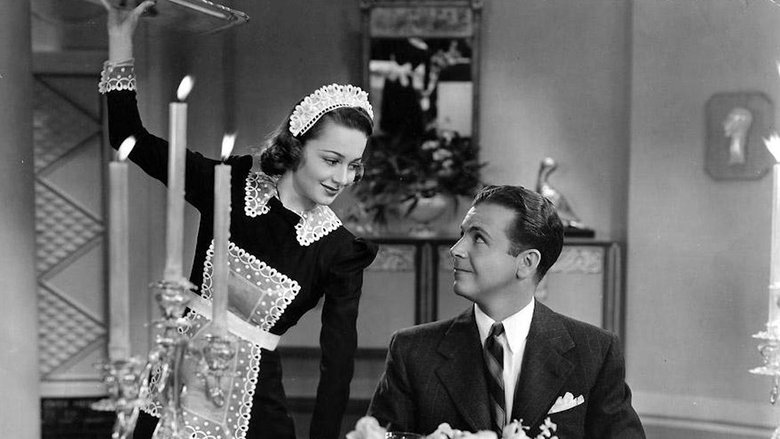
Hard to Get (1938)
When spoiled young heiress Maggie Richards tries to charge some gasoline at an auto camp run by Bill Davis, he makes her work out her bill by making beds. Resolving to get even, she pretends to have forgiven him, and sends him to her father to get financing for a plan Bill has. What happens next was not part of her original revenge plan.
Watch Trailer
Cast
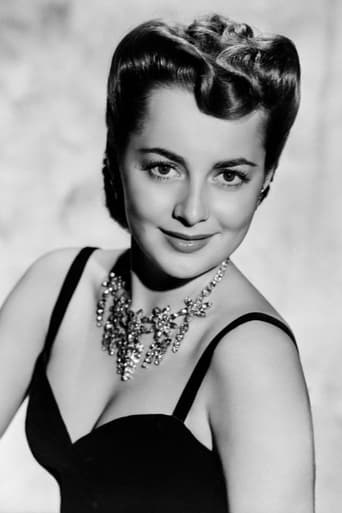


Similar titles
Reviews
Save your money for something good and enjoyable
I don't have all the words right now but this film is a work of art.
A story that's too fascinating to pass by...
It is an exhilarating, distressing, funny and profound film, with one of the more memorable film scores in years,
"Hard to Get" is not one of the rollicking 1930s comedies written with fast, witty dialog and repartee. Rather, it's a mixture of dialog and antics with a few nice tunes and some excellent acting. The plot is a familiar one for the time – a rich spoiled girl and a nice guy without money or social connections. Only, this film has some extra goodies. Dick Powell stars as Bill Davis and Olivia de Havilland plays Margaret ('Maggie') Richards. The supporting cast is wonderful, and all play superb roles. Charles Winninger has a considerable role as the patriarch of the family, Ben Richards, who made his gazillions of dollars in oil. He's an eccentric given to competition, especially in sports. His valet, Case, is on board primarily as his sparring partner. Melville Cooper plays Case very well, and Ben appears to get quite a workout in his role. Their face-offs are quite funny, and when someone interrupts Ben for a crisis in the family, he invariably gets taken by Case. They box and fence and wrestle their way through the work days. Ben comes up with some nonsensical epithets when interrupted, i.e. "Good Lady Godiva on two white mules." Isabel Jeans plays Mrs. Richards, the epitome of high society snobbery. It struck me as a little strange because they would have been the nouveau rich – having come into their wealth in the past few decades. Such new wealth usually found it long and hard to break into the cream of society that was dominated by the blue bloods of money from the early pioneer period. Rounding out the excellent supporting cast are Allen Jenkin as Bill's friend, Roscoe; Bonita Granville as Maggie's younger sister, Connie; Penny Singleton as the Richards' maid, Hattie; Thurston Hall as Ben's business friend, John Atwater; and Grady Sutton as Ben's office executive gopher, Stanley Potter. Mrs. Richards has some of the funniest lines in the movie. She hopes Maggie will marry Potter. She says, "The Potters are one of New York's oldest families. They came over with the Indians, or turkeys, or something." Connie, "You mean the pilgrims." Ben, "She means the turkeys." Other lesser roles are all played quite well. The movie opens with the wealthy Richards family getting ready to leave New York City for the summer. They are heading for the summer playground of the New York super rich, Newport, Rhode Island. However, Maggie is revolting and doesn't want to go. Ben is on her side, but Mrs. Richards usually wins out. Mrs. Richards, "My dear girl, you're losing your senses. You know perfectly well there isn't a living, breathing soul in New York in the summer time." Maggie, "Except for nine or ten million people, mother." The chauffeur carries in a box with two very tiny dogs in it. Mrs. Richards, "Oh, my poor darlings. You will stop the car occasionally, won't you, and let them run about for a bit?" Chauffeur, "Oh, yes, madam." Mrs. Richards, "That's what Brooks does with me on these long trips and it helps me so tremendously." At a dinner table scene, Hattie has some hilarious lines, posing as the Richards eldest daughter, while Maggie poses as a maid. Dick Powell sang three songs in the movie, including the first pubic performance of "You Must Have Been a Beautiful Baby" by Harry Warren and Johnny Mercer. Bing Crosby recorded it later and made it a hit single. Powell also did a very good imitation of Al Jolson's "Mammy" in blackface. This wasn't something incidental to the plot, but his blackface performance allowed him to sneak into an exclusive party. Finally, this is a look at Olivia de Havilland in one of her comedy roles. She is known mostly for her dramatic roles, but she was a very versatile performer who played across the acting spectrum. About 30 percent of her films were dramas; nearly a quarter were comedy-romance; and she made several each of Westerns, mystery-crime films, and action- adventure movies. She also appeared in two musicals and one military flick as well as one horror show. De Havilland doesn't have the funny or quirky humor side that Jean Arthur, Carol Lombard, Barbrara Stanwyck, Claudette Colbert, Irene Dunne or Ginger Rogers had. But what she does have is great dramatic ability. So, when we see her early scenes when Maggie is angry or upset, her role is so superbly played that one thinks she really was angry and vengeful at that moment. She surely is one of the greatest actresses of all time. "Hard to Get" is a very good, entertaining and fun movie that the whole family should enjoy. The younger kids might especially like the funny scenes of Ben and Case fighting in various sports. One last thing of note, that another reviewer commented on. Toward the end of the movie, Ben and Case hunt down Bill who has taken a job as a riveter on a new high-rise building. The scenes are real with men being lifted to the top on steel girders.
I don't think I've ever watched more than one film starring Dick Powell, and I don't even remember which one that was, but finding him in this film was a delight. And throw in Olivia deHavilland, and you have a darned entertaining pairing in a pleasant romantic comedy. This is a solid "7".Powell has 2 musical numbers that are quite good. He plays it straight with "You Must Have Been A Beautiful Baby" -- one of the better renditions of the song I've heard. But hams it up a la Al Jolson with "Sonny Boy", and yes, in blackface; I know we're not supposed to like blackface, but this is a hoot.The story is not that unique -- rich society girl (deHavilland) is put in her place was one of the common folk (Powell). But, she soon discovers that he has the potential to get involved in big business, begins to fall in love with him, and influences her father to help him. But there are some distinguishing elements here -- petrol stations, motor courts, building skyscrapers, and a crazy business bet between rivals. SO while the basic story line is not that different, there are some unique aspects of the story that help elevate it beyond many period pieces.As already mentioned, Dick Powell and Olivia de Havilland at the top of the cast are top notch here, although in re screen time, this is very much Powell's picture. Charles Winninger, as the high society father, is interesting here; in his exercise scenes he does his own stunts, and at the age of 54, that was not too shabby. Allen Jenkins was always pleasant to see on screen, usually (as here) in a "buddy" role; Melville Cooper similarly makes the most of his butler role here. Bonita Granville wasn't very impressive as the high society younger sister, nor was Isabel Jeans as the high society mother (although I have the idea she played the role as directed). Grady Sutton was one of those character actors who just seemed made for certain types of roles, as here. Thurston Hall player the other big businessman well.If you're at all attracted to romantic comedies, give this one a watch. I think you'll enjoy it.
This is one of those films from the thirties where no effort is made to have a realistic story or characters, and where the purpose is purely fun. The film is highly amusing, although it has its corny moments. This is a rare glimpse of Olivia de Havilland as she was before GONE WITH THE WIND (1939) changed her career in the following year. Her co-star here is Dick Powell. A very bad makeup person has made Dick Powell all but unrecognisable by excessive makeup round his eyes, and has done no favours for Miss de Havilland either, as she is also made to look somewhat artificial, despite her costumes working very well and showing inspired touches. As is only to be expected, both stars excel in this romantic comedy and spark off each other nicely. The film also contains a wonderful performance by the British actor Melville Cooper as a droll butler, not unlike Jeeves (and probably modelled on him), who is even allowed the last word at the end. Charlie Winniger also gives one of his very good performances (for he could be a bit uneven and 'required direction') as Miss de Havilland's eccentric father. A famous song by Johnny Mercer was written specially for this film, 'You Must Have Been a Beautiful Baby' (' cause, baby, you're beautiful now.') The film also features an amazing scene where Dick Powell in blackface does a marvellous imitation of Al Jolson singing 'Sonny Boy'. This film was certainly unconstrained in its casting about for new ways to laugh. Dick Powell also disguises himself as a woman scrubbing a floor in an office building, descends on a rope down the side of a New York skyscraper to enter an office window, and other antics. At one point Winniger is taken to the top of a skyscraper riding on a steel beam, as 'the elevators are not installed yet'. He holds a business meeting several hundred feet up, balancing on the beams, while Powell inserts rivets. Any wild situation will do for this story! At one point, the action is suddenly interrupted and we cut to Miss de Havilland and Powell sitting in a row-boat together at night, rowing across a lake in Central Park and falling in love. Some linking scenes must have been cut to get them there, but no one seems to mind the lack of continuity. Anything goes! Miss de Havilland starts as a rich spoilt brat who screams when she does not get her way. She falls out with Dick Powell, who works in a garage, over a bill for $3.48. Powell refuses her credit, and says if she were to fail to pay, he would 'not be able to afford lunch for a week'. That says a great deal about the value of money in 1938, if you could eat lunch for a week on $3.48. Miss de Havilland later falls in love with Powell, in a shockingly short period of time and with a lack of motivating circumstances. But she manages to switch from being a fiery-eyed bitch, passing through a phase of being a cunning schemer seeking vengeance, to a doe-eyed and love-struck maiden, with all the ease of an Olympic pentathlete who can do anything and who changes sports without noticing that he has stopped running 100 metres and is now throwing the javelin (or in this case, Cupid's dart). The film was directed by Ray Enright, who started as a gag writer for Mack Sennett, became an editor, and worked his way up to director. He never entered the top ranks but made lots of movies, retiring in 1956. If you want to have some laughs and be entertained, and do not mind films from the thirties, this will do nicely.
... and exhibit A as to why both Dick Powell and Olivia De Havilland ultimately fled from Warner Brothers for meatier roles. Still, it has its good points.Maggie Richards (De Havilland) has just had a fight with her mother about not wanting to go to Newport for the summer, like most rich mothers and daughters did back in the day. As a result Maggie flees the scene by borrowing the valet's car and doesn't get far before she realizes she's out of gas. She stops at a gas station, lets the attendant (Dick Powell as Bill) fill up her car, and then tells him to "charge it", claiming to be the daughter of a wealthy man. The car isn't hers, she has no ID, and the money would come out of Bill's pocket if she never comes back, so he insists she return the gas or cough up the money, which she doesn't have since she ran out without her purse. When she tries to flee, Bill makes her make up the beds in all ten bungalows of the accompanying motor lodge to pay the bill, and hits her on the dernier with a broom when she tries to escape. Humiliated, Maggie vows revenge, but back home Dad (Charles Winninger) just is not interested in getting involved in this petty scrape.Maggie returns the next day and gives Bill what he wants - a completely fabricated story about how sorry she is and tells him she is really wealthy Maggie Richards' maid. Bill buys this, dates her, and she tells him the password to get in to see Mr. Richards (Maggie's father), head of Federal Oil and Gas who might back his idea about building motor courts along with his company's gas stations. That password, however, was Mr. Richards' nickname in the oil fields when he started out in the business, plus Maggie knows her dad is really riled by strangers taking advantage of a password meant for old friends - much like a telemarketer calling an unlisted number. Mr. Richards gives Bill the business alright, but not the business Bill was hoping for. Maggie has her revenge, but she's starting to care for Bill and feel pangs of conscience about what she's done, but not before she has enlarged the ruse to ridiculous proportions so that if Bill finds out, she'll probably never see him again. How does this all work out? Watch and find out.This could have been a better comedy, and it is pleasant enough as is, but there are some real inanities thrown into the situation, some funny some tiresome. One of funny parts is having Penny Singleton as the maid and Maggie switch roles for an evening. Penny is just perfect as a girl all dressed up like a plutocrat's daughter, but still with a working class demeanor and a rather limited and slanged vocabulary. This was the last film she did before she became famous as Blondie and she shows some of that comic flair in this film. The tiresome part of the film has to do with Mr. Richards, supposedly a self-made man, wanting to waste the day away with fifteen cent bets boxing, wrestling, and fencing his valet who always bests him. It's just not funny and seems out of character for a self-made man who had to be hard charging to get where he was. Why would he want to waste his time with such a silly pursuit? Recommended for fans of De Havilland and Powell, and for those great character actors who always added a touch of spice to these 1930's films.


